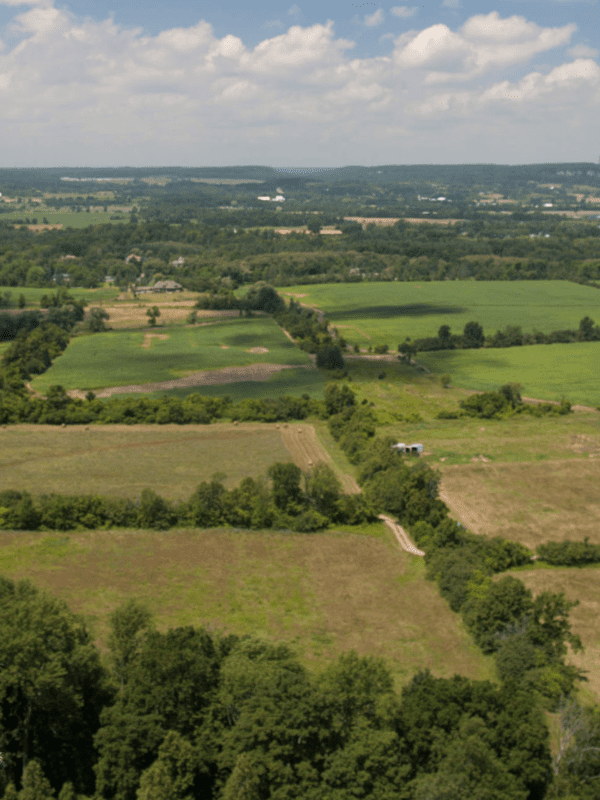Statement by Phil Pothen, Land Use and Land Development Program Manager, on Auditor General of Ontario’s report on Minister’s Zoning Orders
Toronto | Traditional territories of the Mississaugas of the Credit, the Anishinaabeg, the Haudenosaunee, and the Wendat – This morning’s Auditor General’s report means that Ontarians cannot have confidence in the safety, integrity or legal validity of the dozens of sprawl development approvals the provincial government has issued using Minister’s Zoning Orders since 2018. In most cases, the only sensible course of action will be to revoke those orders entirely and to require real estate investors to seek approval using the applicable municipal process.
Leaving this government’s sprawl MZOs in place would put public safety, the environment and municipal budgets at risk. While the Auditor General’s report recommendations were largely restricted to the processing of future MZO requests, it found that for most of the MZOs already issued, there was no proper assessment of the risks to public safety, potential harm to the environment or to municipalities’ finances. Not only did the government fail to “engage with key experts to identify the [potential public health] hazards, like flooding”, it failed to look at key information about “natural hazards”. The information packages it used also omitted key information about “infrastructure capacity and servicing ….[impact on] the environment, and financial burdens to regions, municipalities and taxpayers.” Even worse, where experts did make recommendations to mitigate risks to public safety or harm to the public interest, the Ontario government rejected those recommendations when issuing the zoning order.
As with the Greenbelt removals, this report discredits the Ontario government’s claims that its use of MZOs has been motivated by a desire to expedite housing construction. In most cases, MZOs for greenfield development were issued without assessment of whether the relevant sites could be connected to servicing in the near future, or at all. Moreover, there was no assessment of the “impact that the projects relating to MZO requests might have on other planned development in the affected communities.” Environmental Defence has consistently warned that building low-density housing on greenfield sites often takes away scarce construction resources from more efficient infill housing that would house more people at lower cost.
The dangers and integrity concerns raised by the report cannot, in our view, be properly remedied by reviewing existing Minister’s Zoning Orders on a case-by–case basis. That is because the auditor general found that there was “no protocol and no apparent rationale for prioritizing some MZO requests over others”. Because prioritizing one project can undermine the viability of development elsewhere, that cue-jumping is itself a source of unfairness and risk.
Today’s report from the Auditor General of Ontario confirms that the now-revoked Greenbelt removals and the Highway 413 scheme are only the most visible parts of a much larger sprawl and real estate scandal. For any government that’s serious about ending Ontario’s housing shortage, job one will be cleaning up the counterproductive and impropriety-prone pro-sprawl policies and approvals that have been issued since 2018.
ABOUT ENVIRONMENTAL DEFENCE (environmentaldefence.ca): Environmental Defence is a leading Canadian environmental advocacy organization that works with government, industry and individuals to defend clean water, a safe climate and healthy communities.
– 30 –
For more information or to request an interview, please contact:
Carolyn Townend, Environmental Defence, media@environmentaldefence.ca






